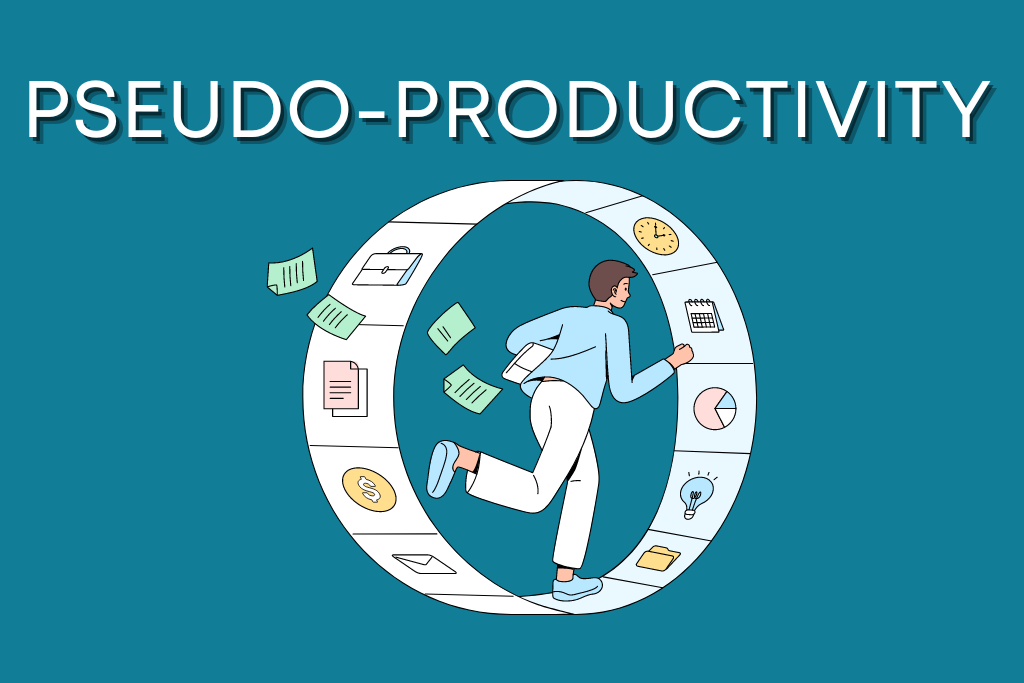Since late 2022, while using AI toolsets nearly every day, I have noticed it is easy for me to think I am productive just because I am running ChatGPT prompts. And after sharing examples of my workflow with more than 200 people during AI training sessions, I realise I am not alone in challenging what it means to be productive in an AI-equipped workplace. In fact, I think we don’t agree on a standard definition of productivity for knowledge workers.
This is a thought space in which Cal Newport and Hannah Roberts (that is her image in this post) have opinions. They show how most of us don’t use sophisticated measures of effectiveness. We probably use shallow, concrete lists thst we tick off such as a to-do list.
I often feel haggard after long work sessions that don’t produce more than meeting minutes. In contrast, I feel like I have conquered the day when I have cleared my in-box. I can often tag onto a long online thread easier than I can complete a thoughful discussion document. This means I am caught up in the pursuit of pseudo-productivity.
Cal Newport defines pseudo-productivity as “the use of visible activity as the primary means of approximating actual productive effort.” I am taking Newport’s advice and stripping back on the superficial group messaging email threads that contaminate my quest for productivity. Perhaps I should start a weekly count of the number of emails I have deleted without opening them. Would a higher number mean I am becoming more productive? Is there an AI tool or an automation that would do this for me?
